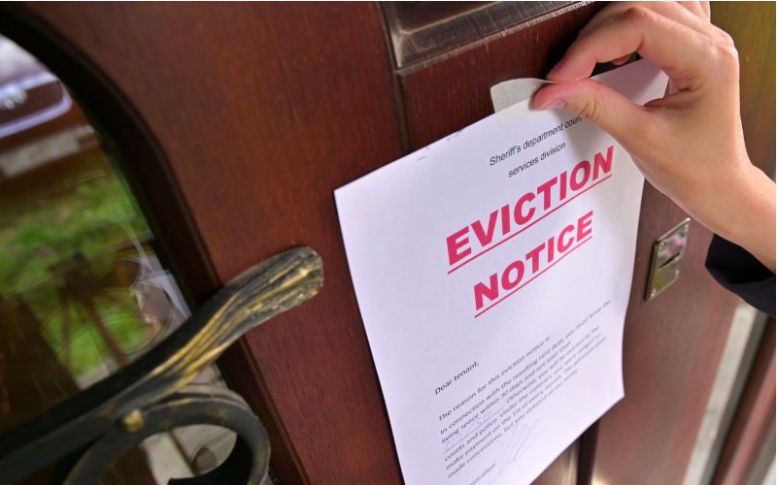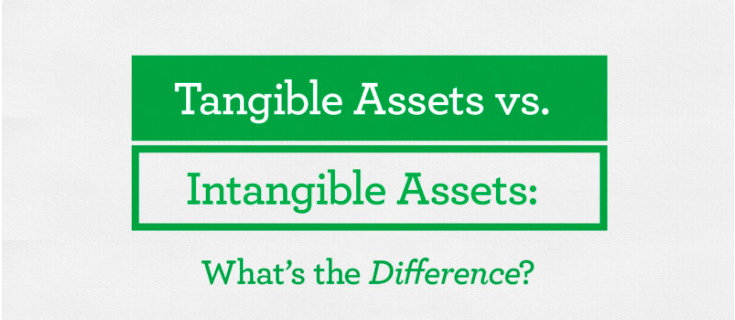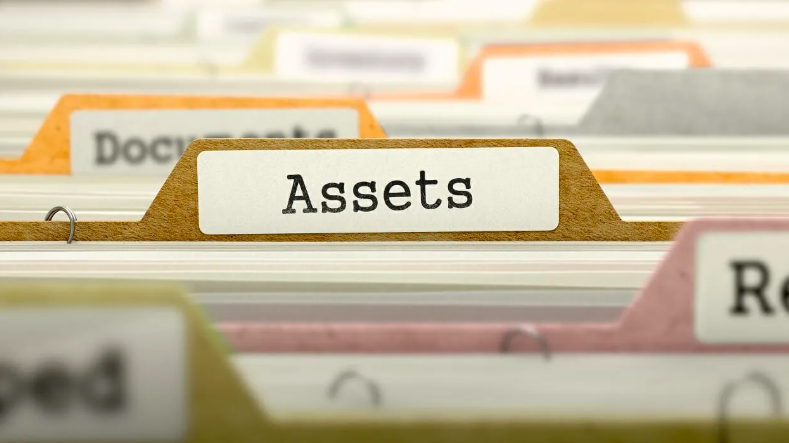
How to Handle Evictions Legally and Ethically
Evictions are one of the most challenging aspects of property management, but sometimes they’re necessary to protect your investment and maintain a well-managed property. However, evictions must be handled carefully to ensure they’re both legal and ethical. Mishandling an eviction can lead to legal disputes, financial losses, and damage to your reputation as a landlord. Here’s a step-by-step guide on how to handle evictions legally and ethically:
1. Understand the Legal Grounds for Eviction
Why It’s Important: Evictions must be based on valid legal reasons to avoid lawsuits or penalties.
Common Legal Grounds for Eviction:
Nonpayment of rent.
Lease violations (e.g., unauthorized pets, subletting).
Property damage or illegal activities.
Expiration of the lease term with no renewal.
Tip: Familiarize yourself with local landlord-tenant laws to ensure compliance.
2. Communicate with the Tenant
Why It’s Important: Open communication can sometimes resolve issues without resorting to eviction.
Steps to Take:
Notify the tenant of the issue (e.g., late rent, lease violation) as soon as possible.
Be clear and professional in your communication.
Offer solutions, such as a payment plan for overdue rent or a warning for minor violations.
3. Serve a Formal Notice
Why It’s Important: A formal notice is the first legal step in the eviction process and gives the tenant a chance to resolve the issue.
Types of Notices:
Pay or Quit Notice: For nonpayment of rent, giving the tenant a deadline to pay or vacate.
Cure or Quit Notice: For lease violations, giving the tenant a chance to correct the issue.
Unconditional Quit Notice: For severe violations, requiring the tenant to vacate without an option to fix the issue.
How to Serve the Notice:
Deliver the notice in person, by certified mail, or as required by local laws.
Keep a copy of the notice and proof of delivery for your records.
4. File an Eviction Lawsuit (If Necessary)
Why It’s Important: If the tenant doesn’t comply with the notice, you’ll need to file an eviction lawsuit (also called an unlawful detainer lawsuit).
Steps to Take:
File the lawsuit with the appropriate court and pay the required fees.
Serve the tenant with the court summons and complaint.
Attend the court hearing and present your case with supporting evidence (e.g., lease agreement, payment records, photos of property damage).
5. Obtain a Court Order for Eviction
Why It’s Important: Only a court order can legally force a tenant to vacate the property.
What Happens Next:
If the court rules in your favor, you’ll receive a writ of possession.
The writ authorizes law enforcement to remove the tenant if they don’t leave voluntarily.
6. Work with Law Enforcement
Why It’s Important: Law enforcement ensures the eviction is carried out safely and legally.
Steps to Take:
Schedule the eviction with local law enforcement.
Be present during the eviction to oversee the process.
Avoid confrontations or self-help evictions (e.g., changing locks, removing belongings), as these are illegal.
7. Handle the Tenant’s Belongings Ethically
Why It’s Important: Improper handling of a tenant’s belongings can lead to legal disputes.
How to Handle Belongings:
Check local laws for requirements on storing or disposing of abandoned property.
Provide the tenant with notice and a deadline to retrieve their belongings.
Store items securely and charge reasonable storage fees if allowed by law.
8. Document the Entire Process
Why It’s Important: Proper documentation protects you in case of disputes or legal challenges.
What to Document:
All communication with the tenant (emails, texts, letters).
Copies of notices, court filings, and the writ of possession.
Photos or videos of the property before and after the eviction.
9. Re-Rent the Property
Why It’s Important: Minimizing vacancy time helps you recover lost income.
Steps to Take:
Clean and repair the property as needed.
Market the property effectively to attract new tenants.
Screen applicants thoroughly to avoid future issues.
10. Learn from the Experience
Why It’s Important: Reflecting on the eviction process can help you avoid similar issues in the future.
Questions to Ask Yourself:
Could the eviction have been prevented with better communication or policies?
Are there changes you can make to your lease agreement or tenant screening process?
How can you improve your relationship with tenants to reduce conflicts?
Ethical Considerations
While evictions are sometimes necessary, it’s important to handle them with empathy and fairness. Here are some ethical tips:
Treat tenants with respect and dignity throughout the process.
Offer solutions (e.g., payment plans) before resorting to eviction.
Avoid retaliatory or discriminatory actions.
Be transparent about the eviction process and timelines.
Final Thoughts
Handling evictions legally and ethically is a challenging but essential part of property management. By following the proper legal steps, maintaining clear communication, and treating tenants fairly, you can protect your investment while upholding your reputation as a responsible landlord.
Remember, prevention is always better than cure. Thorough tenant screening, clear lease agreements, and proactive management can help you avoid evictions altogether.

 March 11, 2025
March 11, 2025



